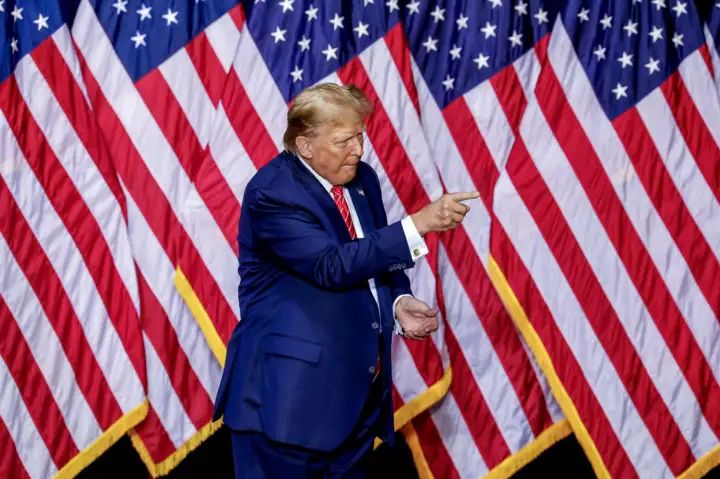US Judge refuses to dismiss 32 charges against Trump over classified documents

The judge presiding over the federal criminal case involving former United States President Donald Trump’s handling of classified documents denied one of two motions by his legal team to dismiss the case on Thursday, saying the request was premature.
“Upon careful review of the Motion,related filings, and the arguments raised during the hearing, Defendant’s Motion is DENIED,” Judge Cannon said in her ruling in a courtroom in Fort Pierce on Florida’s east coast, where the case is being heard. The judge ruled that “rather than prematurely decide now” on Trump’s argument to dismiss the charges against him, the argument “raised as appropriate in connection with jury-instruction briefing and/or other appropriate motions.” Trump’s legal team argued that the main statute being used by prosecutors against him is unconstitutionally vague as it applies to the president. Cannon noted that the resolution of the general issue depends too much on “contested instructional questions about still-fluctuating definitions” and that for that reason, “rather than decide now prematurely (…), the court chooses to deny the motion.” In this case, Trump was indicted by a grand jury on 40 counts that accused him of mishandling classified information by allegedly withholding and hiding classified documents in his residence. The motion sought to get the judge to dismiss counts 1 through 32, which relate to Trump’s “willful retention of national defense information in violation of the Espionage Act” by keeping 32 specific documents.
The other motion filed by his legal team is premised on the former president’s protection under the Presidential Records Act, and the judge is expected to rule on it in the coming days. Trump’s legal team argues that Trump had the authority to deem the documents personal and keep them after his presidency. But special prosecutor Jack Smith’s team argues that the files Trump is keeping are presidential records, not personal in any way, and that the law does not apply to confidential and top-secret official documents such as those kept at Mar-a-Lago, his home in Palm Beach, Florida. Of the more than 11,000 official documents found by FBI agents in the Mar-a-Lago search, about 100 were marked “secret” or “top secret.” Trump has also tried to delay the trial.
The former president’s lawyers had asked that it be held on Aug. 12 or even after November’s election, while prosecutors had asked that it be held on July 8. Trump is already the Republican Party’s presumptive nominee to face President Joe Biden in November’s presidential election. The Republican has tried to delay this and the other three criminal trials he faces, saying they are politically motivated.





